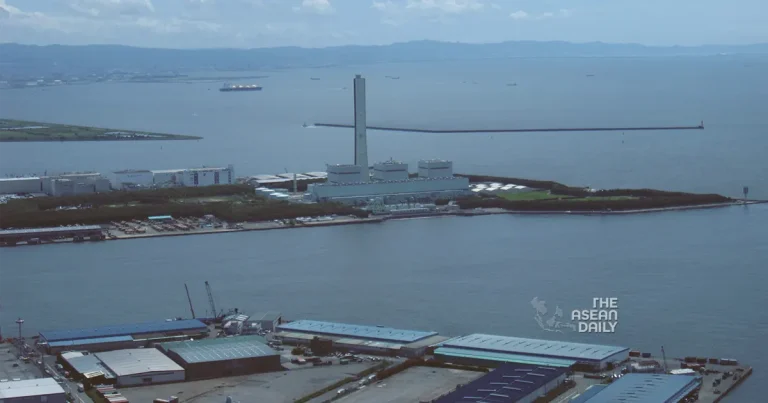28-9-2023 (TOKYO) Tokyo Electric Power Company (TEPCO) has announced that it will begin discharging the second round of contaminated water from the Fukushima Daiichi nuclear power plant on October 5th. The decision has sparked widespread criticism and concern, both domestically and internationally, with many fearing the long-term impact on the environment and the devastating effects on the fishing industry.
The first round of water release in August 2023 sparked a wave of opposition, with China imposing a blanket ban on all seafood imports from Japan and fishing communities expressing outrage. Despite this, TEPCO assured that the release has not revealed any abnormalities in the seawater pump or the surrounding facilities.
The United Nations atomic watchdog has endorsed the plan, and TEPCO workers will collect water samples on Thursday for further analysis. However, the discharge, expected to last between 30 to 40 years, has triggered resentment in neighbouring countries and raised concerns among fishermen who fear that it will devastate their industry.
Consumers are likely to steer clear of seafood caught in and around Fukushima due to contamination fears, which could have severe economic consequences for the fishing community. The owner of the Fukushima plant has already detected record-high levels of radioactive tritium in the nearby sea area, highlighting the potential long-term threat posed by the release of radioactive substances that will disperse through ocean currents and spread globally.
Japan’s decision to release the contaminated water has faced opposition both domestically and internationally. In China’s Hong Kong, interest in Japanese food has significantly declined, leading to a substantial drop in business for Japanese restaurants since the announcement of the water release. Similarly, South Korea has experienced a decline in fish prices, with the government planning to allocate funds to measure the radioactivity of seawater and seafood.
A local environmental group in South Korea conducted a poll revealing that over 70 per cent of respondents oppose the release of nuclear-contaminated water. Approximately 78 per cent of the 1,000 respondents aged 18 and above expressed dissatisfaction with their government’s support for the release and advocated for halting the import of Japanese seafood, mirroring China’s approach.




